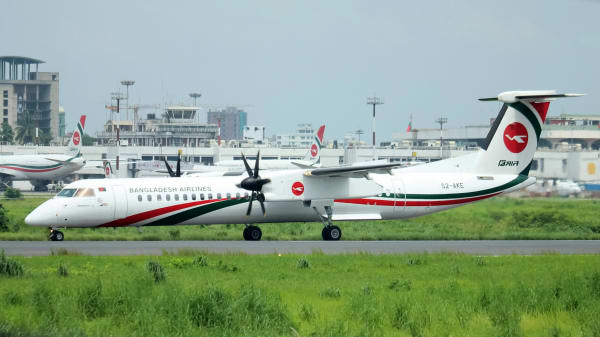The Impact of Brexit on European Aviation Careers
Have you ever stopped to consider just how much Brexit could impact the European far more than just politically and economically? Today, we're dissecting its effect specifically on European aviation careers.
Post-Brexit Flight Structures: A Quick Recap
After the UK's formal exit from the European Union on 31st January 2020, aviation was one sector that suddenly found itself facing an unpredictable landscape. In order to better understand what exactly changed for aviation careers, here's a quick recap:
Licensing and Certification: Prior to Brexit, UK-issued pilot licenses, qualifications and certifications were recognised across Europe under the European Union Air Safety Agency (EASA). Post-Brexit, these licenses ceased to have automatic acceptability across EU nations. Transition arrangements did come into play, but the situation remains fluid and complex.
Air Traffic Rights: Brexit had significant implications on the UK's air traffic rights with the rest of Europe. The UK lost its unrestricted access to the European Common Aviation Area (ECAA), which directly impacted flight routes, schedules, and the overall job market.
Regulatory Changes: With its exit from EASA, the UK launched its own UK Civil Aviation Authority (CAA) to manage the regulatory and safety aspects of aviation. There were countless changes regarding operations, maintenance, air safety and more, which trickled down to affect aviation professionals’ work conditions, salaries, safety, and job security.
How Has Brexit Impacted European Aviation Careers?
As we mentioned earlier, Brexit has thrown up a multitude of challenges for the aviation industry, directly impacting aviation careers in many ways:
1. Job Mobility
One of the major impacts of Brexit on aviation careers is the restriction on job mobility. Under the EASA rules, an airline pilot with an EASA license could fly for an operator based anywhere in Europe. However, with the new Brexit rules, a UK CAA license holder may not enjoy similar freedom of mobility within Europe.
2. Job Security
The sudden change in air traffic rights led to significant disruptions to flight schedules, impacting airlines’ revenues. This has led to concerns about job security for pilots and crews, placing a great deal of uncertainty around aviation careers.
3. Training and Licensing
Brexit has had a significant impact on pilot training and licensing. The UK’s exit from EASA necessitated a new set of licenses issued by the CAA. Pilots may need to go through a conversion process, potentially further training and tests, to ensure their licenses are recognized and valid in Europe.
4. Increased Operational Costs
Brexit may lead to increased operational costs for airlines due to regulatory divergence and potential duplication of oversight efforts. These extra costs could, in turn, affect pay scales and benefits of aviation professionals.
Is All Lost for European Aviation Careers after Brexit?
Despite the many challenges and uncertainties, it’s not all grim news for aviation careers post-Brexit.
Optimism in the Face of Adversity
It's worth noting that the aviation industry is incredibly adaptive. Brexit isn’t the first hurdle it has faced and it certainly won’t be the last. The industry has proven time and again its ability to bounce back from challenges and find new ways to grow and evolve.
Moreover, the implementation of transition arrangements provides some buffer, giving the industry time to understand and adapt to the new framework.
Emergence of Opportunities
Every change brings opportunities along with it. With the UK’s exit from the EASA system, the CAA will require its own set of certified professionals to maintain and regulate the new UK framework. This could open up new roles and career opportunities within aviation.
The Constant Need for Aviation Professionals
The core function of transporting people and goods through the air doesn't change, whether the UK is a part of the EU or not. Thus, the demand for skilled aviation professionals remains.
The Road Ahead
As we know, Brexit is a significant departure from the norms and presents a new world of challenges for European aviation careers. However, the aviation industry's resiliency and adaptability in the face of adversity are grounds for optimism.
While Brexit has undoubtedly complicated the professional landscape for aviation professionals, it’s immensely important for individuals in this industry to stay informed and adapt to the ongoing changes. This, coupled with resilience and adaptability, will ensure that they can steer through the uncertain skies of post-Brexit aviation and continue their careers in the world of flying.




